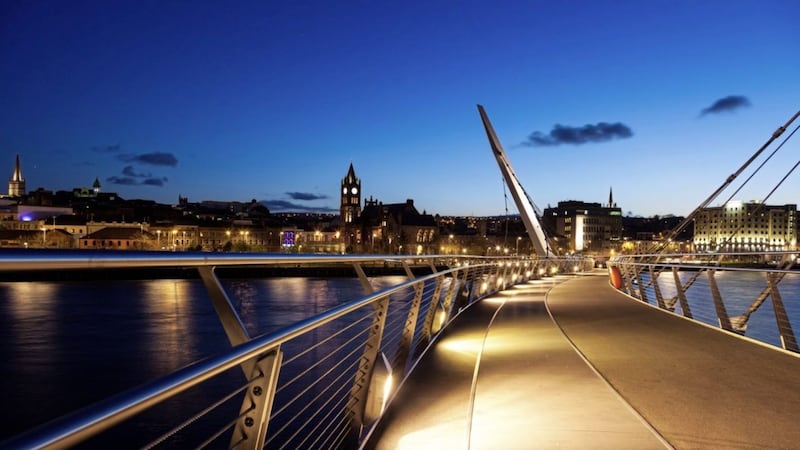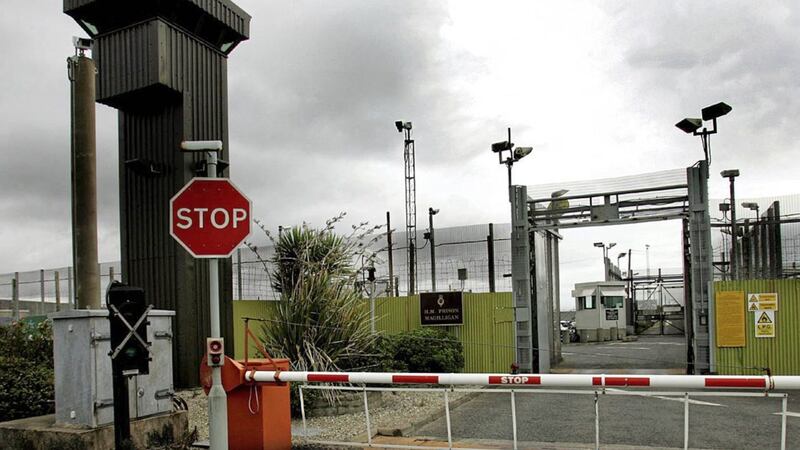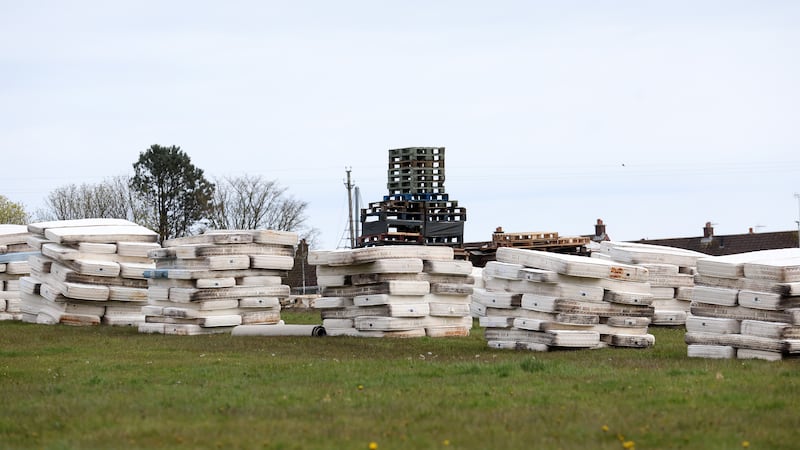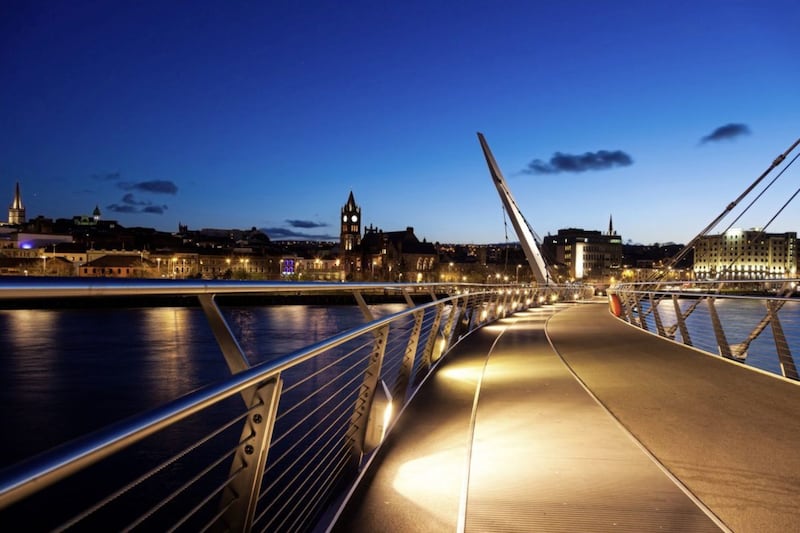An EU initiative to support peace and reconciliation in Northern Ireland would continue until the end of 2020 under a no-deal Brexit, the European Commission has confirmed.
The Peace programme has distributed significant financial support for community and voluntary groups since the end of the violence and is aimed at promoting cross-border co-operation and cohesion between different groups.
It helped build the Derry peace bridge which spans the River Foyle and the Skainos urban regeneration centre in east Belfast.
As part of its no-deal contingency planning, the EC reiterated its commitment to ensuring programmes between the border counties can continue in all scenarios.
It said: "Given its importance, the commission has today made a proposal for a regulation to continue the Peace programme in Northern Ireland until the end of 2020, in the event of a no-deal scenario.
"As for the period after 2020, the commission has already proposed as part of its proposals for the next multi-annual financial framework to continue and strengthen cross-border support for peace and reconciliation in the border counties of Ireland and Northern Ireland."
A new programme (Peace IV, 2014-2020) was launched on January 14 2016, with a strong emphasis on investment targeted at children and young people.
It is worth €270 million (£243 million).
According to the European Parliament, the Peace programme has provided opportunities for participation and dialogue, and has brought decision-making and responsibility for community development closer to the people.
It has funded a range of projects, including support for victims and survivors, young people, small and medium-sized businesses, infrastructure and urban regeneration, as well as projects in support of immigrants.
It said the programme is seen as an example of peace-building policy to be shared throughout Europe and other regions.



